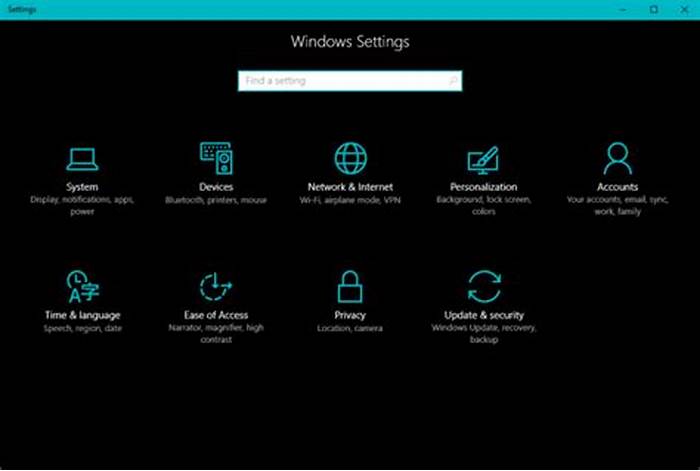June is Men’s Mental Health Awareness Month, a time for employers to address the often-overlooked issue of men’s mental health.
When people think of June, they often picture springtime activities like barbecues, graduations, gardening, and baseball. However, June is also Men’s Mental Health Awareness Month, an opportunity for employers to consider their role in supporting men’s mental health.
The mental health crisis in the U.S. has been widely discussed, particularly regarding children, adolescents, young adults, and working moms. Yet men also experience significant mental health issues, sometimes at alarming rates.
For instance, according to the Anxiety and Depression Association of America, one in 10 men experience depression or anxiety, but fewer than half seek treatment. Although women attempt suicide more often, men account for nearly 80% of suicide deaths in the United States.
### Why Men Are Reluctant to Seek Help
Cultural conditioning, perceived gender roles, and ideals of masculinity often contribute to men’s reluctance to seek help for mental health issues. This results in many men not receiving the care they need.
For example, while depression is diagnosed twice as often in women as in men, six million men experience symptoms of depression, most of which go undiagnosed.
### Men Exhibit Different Signs of Mental Illness
Although men and women can show similar signs of mental health issues, research indicates that some disorders manifest differently in men. According to the American Psychological Association, women tend to internalize emotions, while men are more likely to externalize them. Men may engage in self-destructive behaviors such as:
- Escapist behavior, including excessive work hours, binge-watching sports or TV shows, excessive video gaming, and distractibility that impacts work performance and responsibilities
- Risky behaviors like alcohol and drug misuse, reckless driving, and hypersexuality
- Excessive sick days
- Withdrawing from social activities, avoiding coworker interactions, and limiting social contact with family and friends
- Poor impulse control, aggressiveness, inappropriate anger, and low frustration tolerance
- Focusing on death, suicide, or attempting suicide
Men are also more prone to physical symptoms linked to inflammation, such as digestive disorders, chronic pain, and headaches without a clear cause.
### How Organizations Can Better Support Men’s Mental Health
Employers should create comprehensive mental health plans that address the unique needs of male employees. Strategies can include:
1. **Awareness Training for Managers**: Educate managers on engaging men in mental health discussions, recognizing the impact of masculinity ideals, and reducing stigma to create a psychologically safe workplace.
2. **Using Humor in Awareness Campaigns**: Men respond positively to humor and softer language in mental health campaigns, making them feel more comfortable.
3. **Male-Specific Content in Mental Health Toolkits**: Include general mental health information, signs, symptoms, and how to seek help; best practices for healthy mental health discussions; fact sheets; help decision maps; and internal and community resources.
4. **Culturally Appropriate Care**: Ensure your employee assistance program includes diverse male mental health providers to make men feel more comfortable seeking care.
5. **Adequate Mental Health Networks**: Confirm that your mental health or SUD networks have sufficient providers and facilities to handle complex issues so men can receive timely care.
6. **Self-Guided Digital Resources**: Provide discreet resources like digital cognitive behavioral therapy, webinars, podcasts, and articles for men who may not be ready to discuss their issues with providers.
7. **Men’s Employee Resource Groups**: Develop groups to support personal and career development and create a safe space for employees to express themselves fully.
### Addressing Prevention Points Outside the Mental Health System
Employers should recognize that acute stressors such as relationship breakdowns, financial difficulties, legal issues, and job insecurity can precipitate suicides in men, often involving firearms. Alleviating these stressors in the work environment can help. Creating a safe, stress-free workplace, offering stress management training, keeping employees informed about changes and expectations, and providing peer support and time-off can make a significant difference.
Supporting men’s mental health is complex but essential. Employers play a crucial role in enhancing the mental wellbeing of not just men, but the entire workforce.


























0 Comments